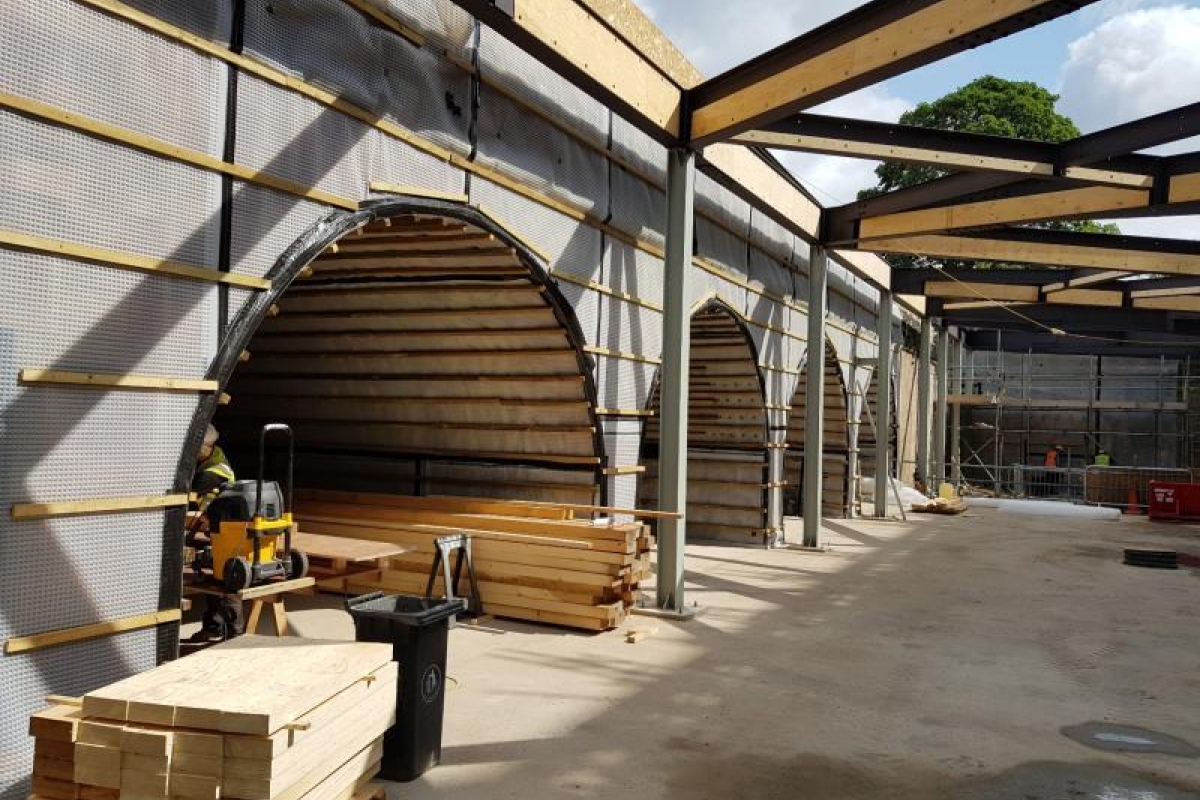Posted on 07/11/19 in Case Studies

Nottingham Castle is nearing the end of a 5-year, £28 million restoration on the original Ducal Palace and the creation of a new-build Visitor Centre.
Specialist waterproofing and groundworks company, Melfort, have specified and installed several products from the extensive Wykamol range, including:
The hill location of the castle was exploited by the use of natural drainage throughout.
Archaeologists and English Heritage have been on-site throughout ensuring stringent building regulations are adhered to and every piece of the historical structure is documented for the archives before being built upon or amended. Boiler room – old Victorian plumbing and coal shoots to remain in situ despite access being impossible after renovations.
A team made up of Melfort and Wykamol personnel are working in conjunction with English Heritage and archaeologists to create bespoke waterproofing systems that do not interfere with original aspects of the building which are to be maintained. A substantial number of historical findings are to be accurately documented for records, even if the items are to be covered.